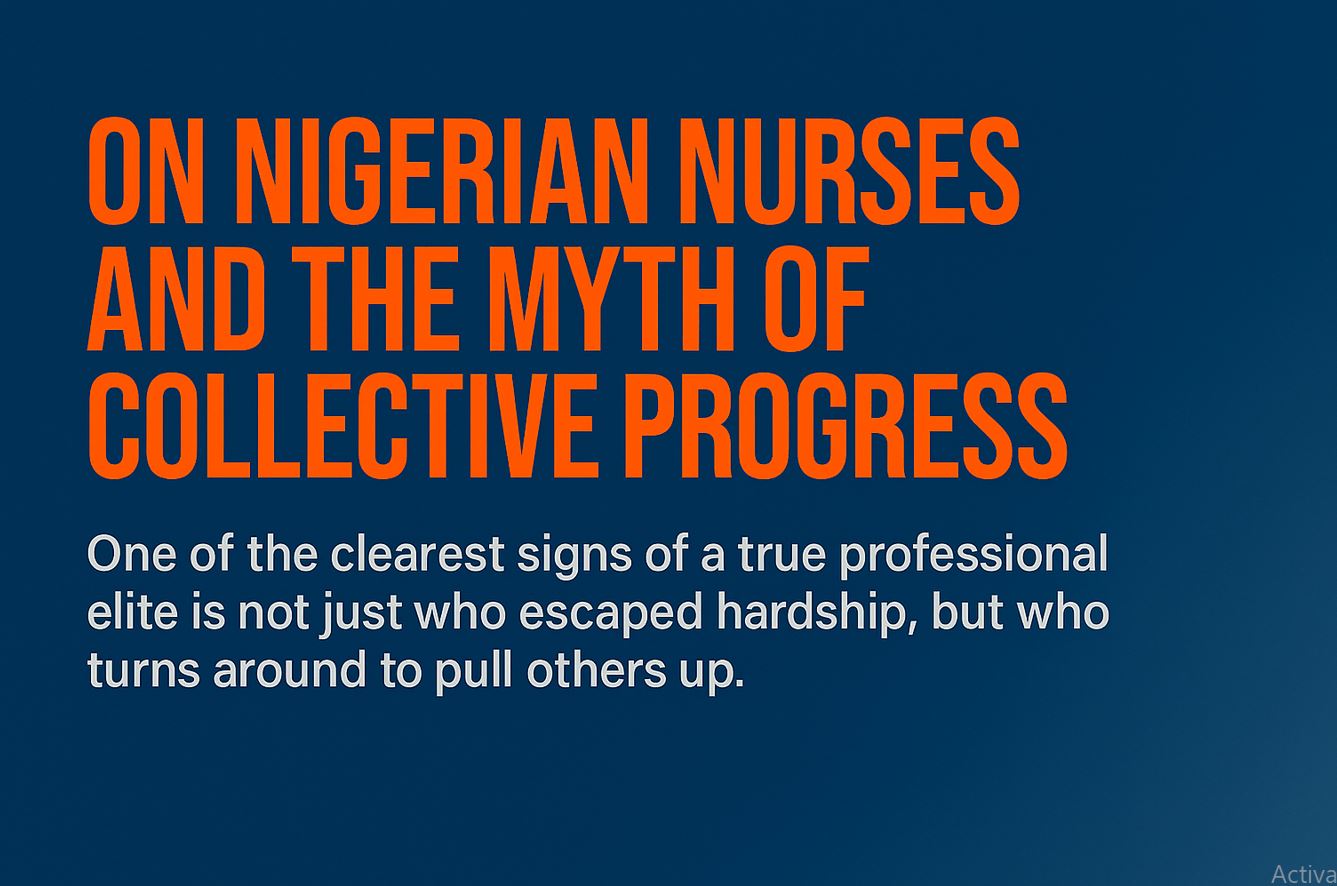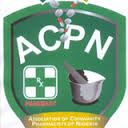As disgusting as this may sound, many mums including glamorous celebrities in the United States and other Western nations are now eating their placenta and umbilical cord after giving birth.
In fact, The trend gained celebrity popularity in US when Hollywood star, January Jones, of Mad Men Fame, said she took placenta pills after the birth of her son to help keep her energy up. Also, Alicia Silverstone of Clueless Star, admits she has tried it and swears on the benefits.
While some may view this as cannibalism, fans say that this trend, called Placentophagy, could help boost energy, produce healthy milk and ward off post-natal depression.
Some Midwives also promote its nourishing virtues and recommend it for mothers. One Midwife, Claudia Booker, in Washington DC, US, told The Mail Online she prepares the placenta pills for $270. ‘Placenta helps to restore your body with vitamin and minerals. Not rejuvenate so temporary so you can go to a party, but restores you when you fell like a used machine’, Booker said.
 This claim is hinged on the fact that the placenta is so rich in vital nutrients, vitamin, minerals, oxygen, iron, vitamin B6, B12, and important postpartum hormones such as estrogens and progesterone.
This claim is hinged on the fact that the placenta is so rich in vital nutrients, vitamin, minerals, oxygen, iron, vitamin B6, B12, and important postpartum hormones such as estrogens and progesterone. The placenta provides the foetus with nutrients, oxygen and hormones via the umbilical cord during the 40-week gestation period.
The afterbirth delicacy is normally eaten raw, cooked in a stew, stir fried, made into a tincture, dehydrated and put into smoothies or encapsulated in pill form.
Advocates of placentophagy say the delicacy can restore the mother’s system, replenish depleted iron, lessen post-natal bleeding and help during menopause.
Although there are no scientific proofs to back these claims, the advocates base their theory on the effect of placentophagia in mammals, most of which eat their afterbirth. Psychologist Mark Kristal from the University of Buffalo found that mice experience less pain in the post-birth period if they eat their placenta.
They also point to a research by Daniel Benyshek, a medical anthropologist at the University of Nevada.
According to Benyshek’s study, taking a supplement derived from placenta increased milk production in women. Based on his survey of 189 women in 2013, Benyshek said 98 percent reported the effects of eating their own placenta as ‘positive.’
‘There is a lot of positive feedback from women, including women who experienced postpartum depression,’ he said.
But these studies about human benefits of placentophagia are still hypothesis and yet to meet acceptable scientific standards.
And though the practise may be gaining popularity in the Western and Asian continent, it is doubtful that Nigerian mums will subscribe to it.
Mrs. Agness, a mother of two told National Mirror that the idea is bizarre and she will never attempt such. ‘Even if it contains all the balanced diet in the world, I will never eat my Placenta’, she said.
Madam Eguatu in Lagos, also a mother, simply describes the practice as a a form of cannibalism. ‘Anyone who eats a placenta has eaten a human being because the placenta is part of the human body. The Placenta is sacred. It should be buried, not eaten’, she said.
A consultant Gynaecologist at Randle General Hospital Lagos, Dr. Adeleke Kaka, totally condemned human placentophagia saying it is unfounded and has no scientific basis.
‘Aside from the fact that some religion and tradition frown at this, there is no robust scientific basis for the practise. Also, there is health risks involved in the practice. For instance, some women’s placenta contain bacteria and other infections, so eating the placenta could pose a health risk’, he said.
ABUJA: Training Schedule for Basic Life Support BLS, Pediatric Advanced Life Support (PALS), Advanced Cardiovascular Life Support ACLS, First Aid, CPR, AED
PORTHARCOURT: Training Schedule for Basic Life Support BLS, Pediatric Advanced Life Support (PALS), Advanced Cardiovascular Life Support ACLS, First Aid, CPR, AED
LAGOS: Training Schedule for Basic Life Support BLS, Pediatric Advanced Life Support (PALS), Advanced Cardiovascular Life Support ACLS, First Aid, CPR, AED




